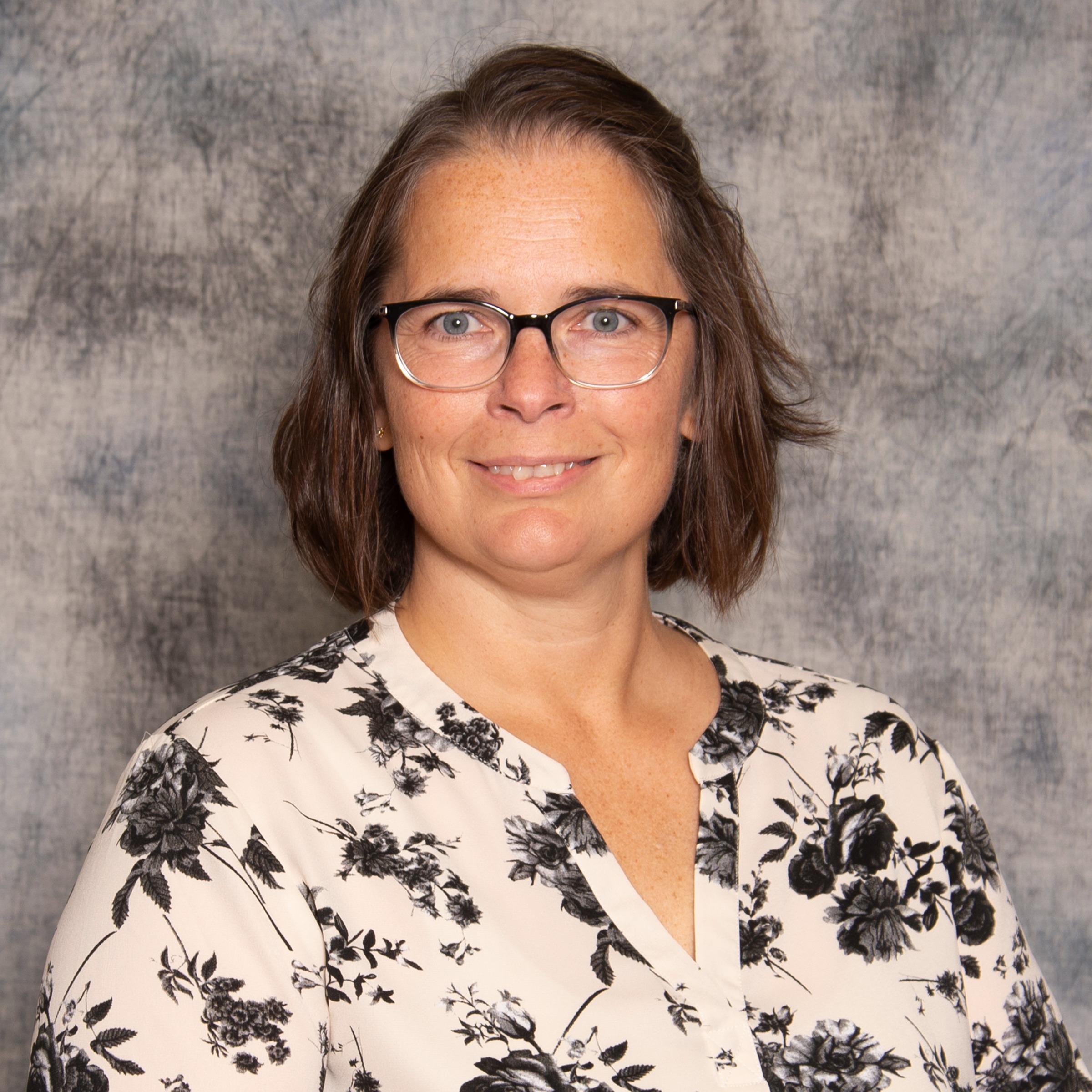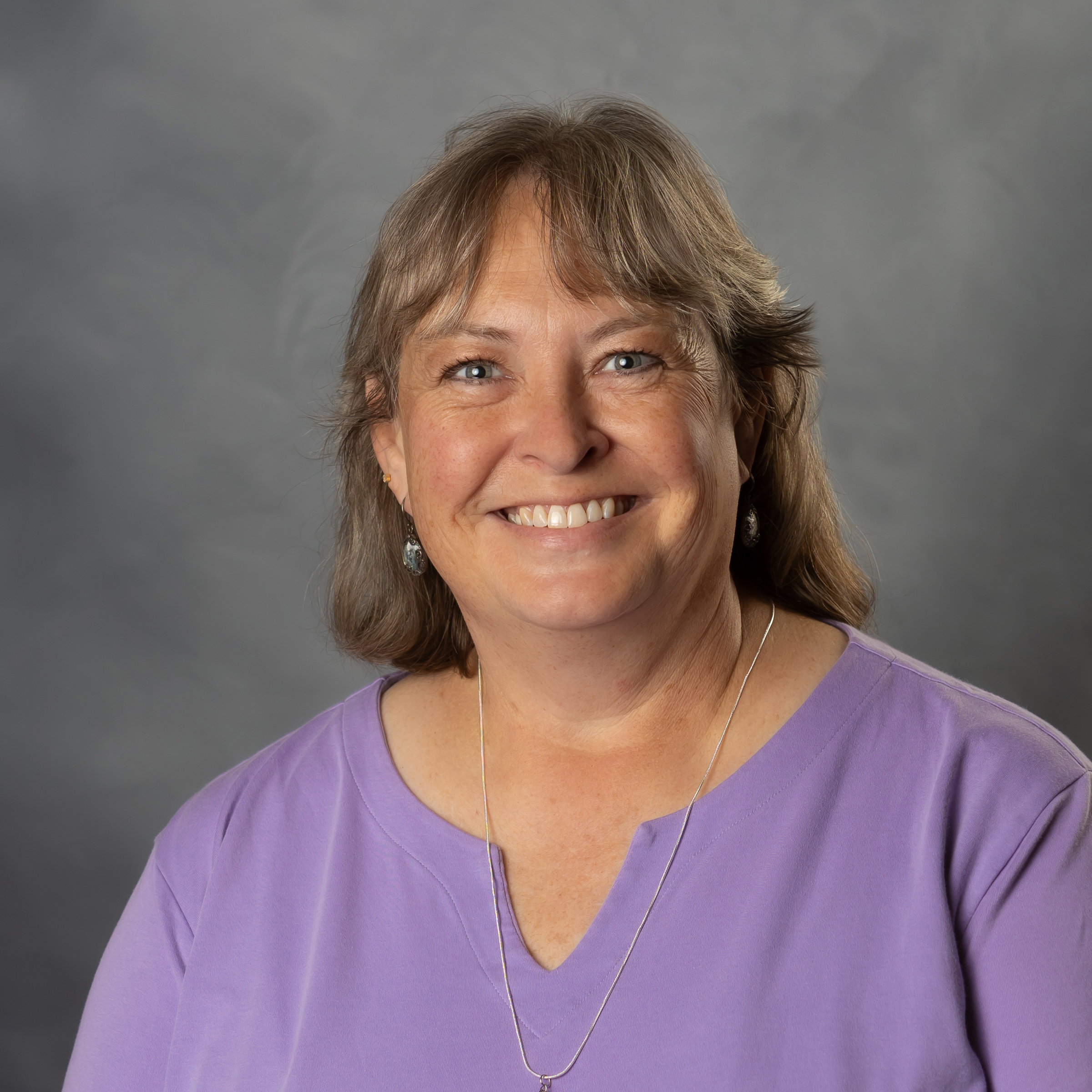SE Regional Transition Facilitator
Transition Services
A Quick Start to Understanding Transition
Transition services are used to help prepare students to move from school to adulthood.
IDEA requires that transition planning start by the time the student reaches age 16 however, it may start earlier (when the student is younger than 16) if the IEP team decides it would be appropriate to do so. Many outside services have extensive periods of waiting before services after high school will begin. It is wise to prepare for this transition early as available services may take several years to establish.
Transition planning takes place as part of developing the student’s Individualized Education Plan (IEP).
The IEP planning (which includes the student and the parents/guardians) develops the transition plan and involves the student being invited to and participating to the greatest extent possible in any IEP meeting (especially where postsecondary goals and transition services will be considered.)
In transition planning, the IEP team considers areas such as postsecondary education, employment, and independent living when appropriate.
Transition services are be a coordinated set of activities oriented toward producing results. This can include working with outside agencies to establish connections for employment, education or independent living.
Transition services are based on the student’s needs and must take into account student preferences and interests.
IDEA’s Definition of Transition Services
Any discussion of transition services must begin with its definition in law. IDEA’s definition of transition services appears at §300.43.
§300.43 Transition services -
Transition services means a coordinated set of activities for a child with a disability that—
Is designed to be within a results-oriented process, that is focused on improving the academic and functional achievement of the child with a disability to facilitate the child’s movement from school to post-school activities, including postsecondary education, vocational education, integrated employment (including supported employment), continuing and adult education, adult services, independent living, or community participation
Is based on the individual child’s needs, taking into account the child’s strengths, preferences, and interests; and includes—
Instruction
Related services
Community experiences
The development of employment and other post-school adult living objectives
If appropriate, acquisition of daily living skills and provision of a functional vocational evaluation.
Transition services for children with disabilities may be special education, if provided as specially designed instruction, or a related service, if required to assist a child with a disability to benefit from special education.
ESU 6 is committed to helping young adults, caregivers, families or guardians and schools find resources, information and services to navigate transition for their student through a variety of programs and resources.

Michalla Schartz

Penni Cummings
Transition Specialist
